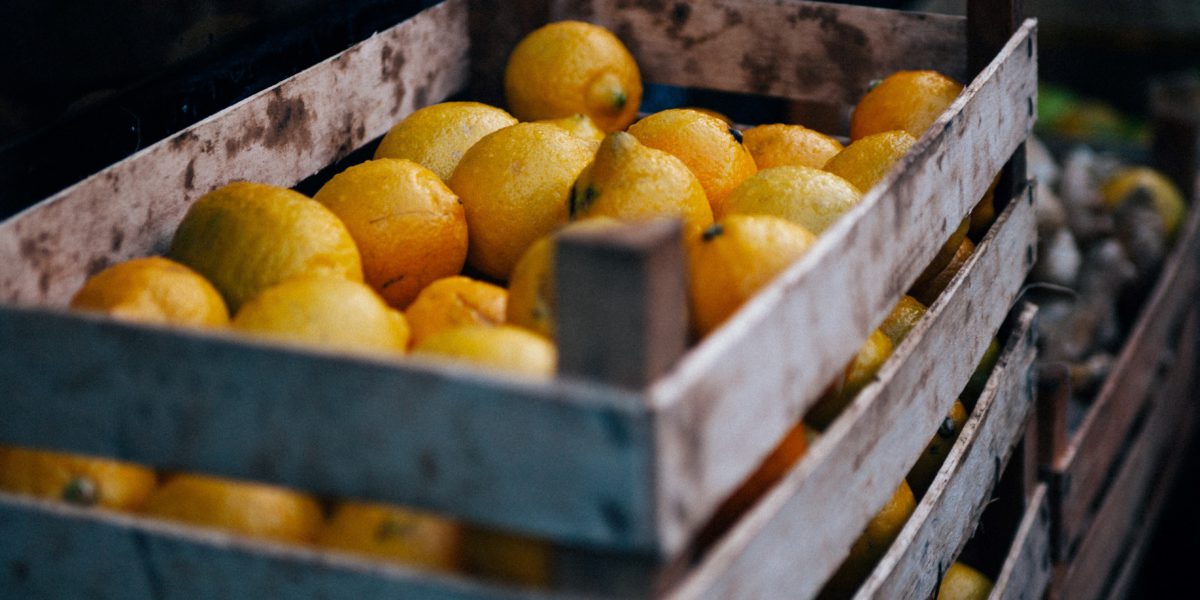Published on July, 16th 2020
70% of the surveyed producers have been affected by the COVID19 crisis, registering a general decrease in the number of clients and in their marketing channels, especially because of those channels providing hotels and restaurants. While 1 out of 4 producers states that their demand has increase, more than half of them stated a decrease. To compensate their loss of income, 76% of the producers have implemented measures such as the opening of direct online sales channels and home deliveries.
90% of the surveyed agricultural holdings employ less than 10 permanent workers; being that amount higher for agriculture-oriented farms in comparison to livestock farms. In addition, 86% of the surveyed farmers are responsible for their business, while being exclusively engaged to the agricultural sector.
The COVID19 crisis has affected the activity of 70% of the surveyed producers, having a higher incidence in agriculture (71%) than in livestock farms (63%). While the incidence has been declared to be homogeneous within different agricultural specializations, for livestock farms, those with an extensive management have been more affected than the intensive management farms, for which their activity has remained more stable.
Products demand is the most altered aspect, it increases by one out of four farms and decreases in more than a half of the farms. Furthermore, there has been a general decrease in the number of customers, as well as in their marketing channels, which was specially caused by the lock down of the HORECA sector (hotels, restaurants and catering). Productivity has been reduced especially in agrarian holdings, while lower prices have been detected more frequently in livestock farms. On the other hand, the lack of markets for many products has increased the quantity of surpluses in 40% of primary sector holdings.
Faced with this situation, the proactivity of the sector has been verified since 76% have implemented a range of alternatives to deal with the crisis. These measures are aimed at promoting the consumption of certain food products in the households, in order to compensate for the loss of those marketing channels for which producers obtained higher margins by selling their best products. In this way, 43% of the producers stricken by the crisis have supported campaigns to promote the household consumption of their products, and 36% have started new marketing channels such as online direct sales and home deliveries. The adaptation of logistics and transport has also been a very widespread action among agricultural holdings. Livestock farms, however, have rather searched for alternatives to preserve their products, caused by the drop on their prices.
Most of the producers that opened online direct sales channels and home delivery, have rated it very successfully and are interested in keeping it up in the future. This assessment is more positive in the case of livestock farmers, while agriculture producers have especially valued the elaboration of products adapted for household consumption.
However, despite this quick response capacity of the producers to ensure the food supply to the population, more than a half of the surveyed producers consider that the crisis derived from the pandemic will negatively affect the sector in the long term.
Figure 1 Measures implemented by companies affected by the COVID19 crisis in the primary sector.



